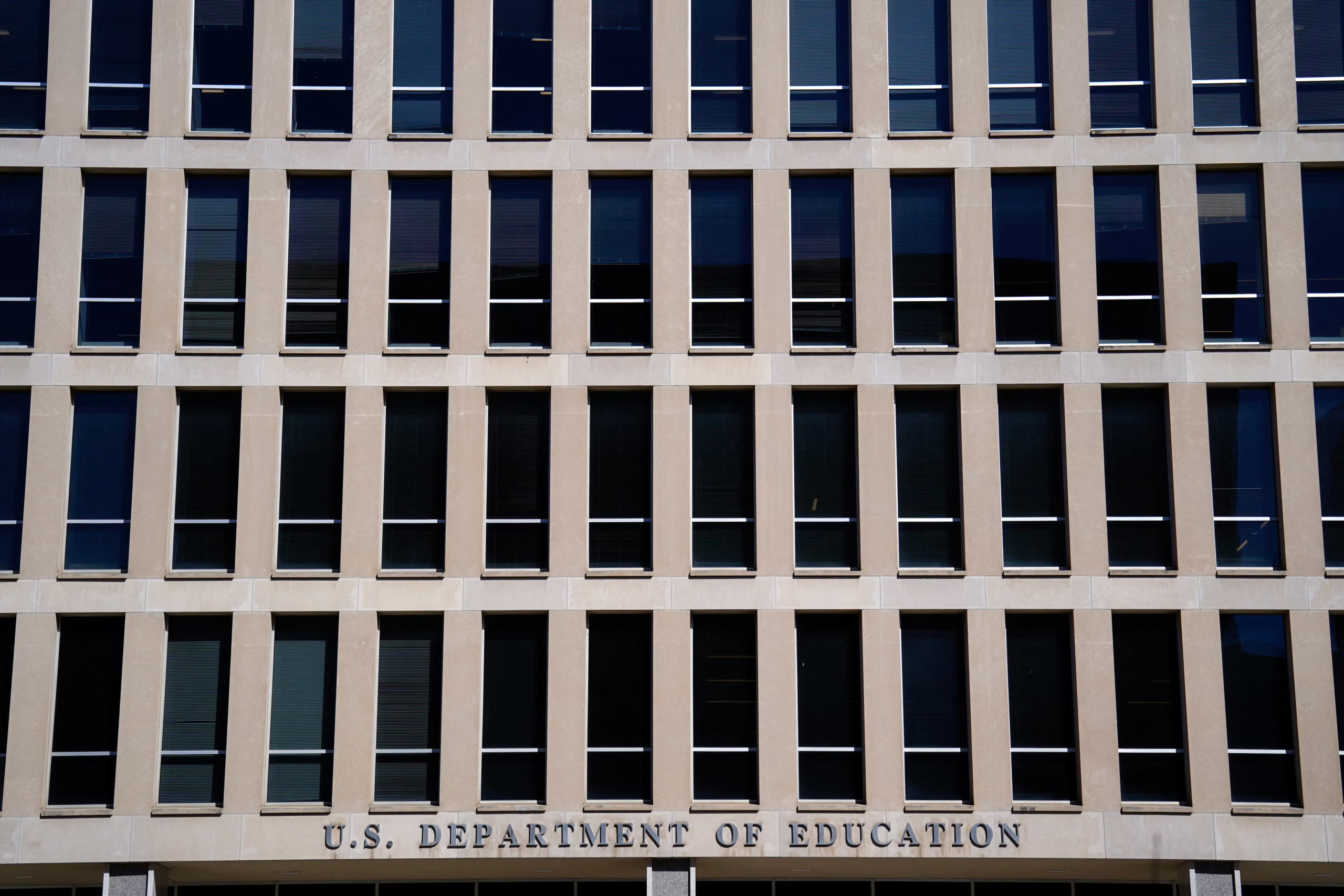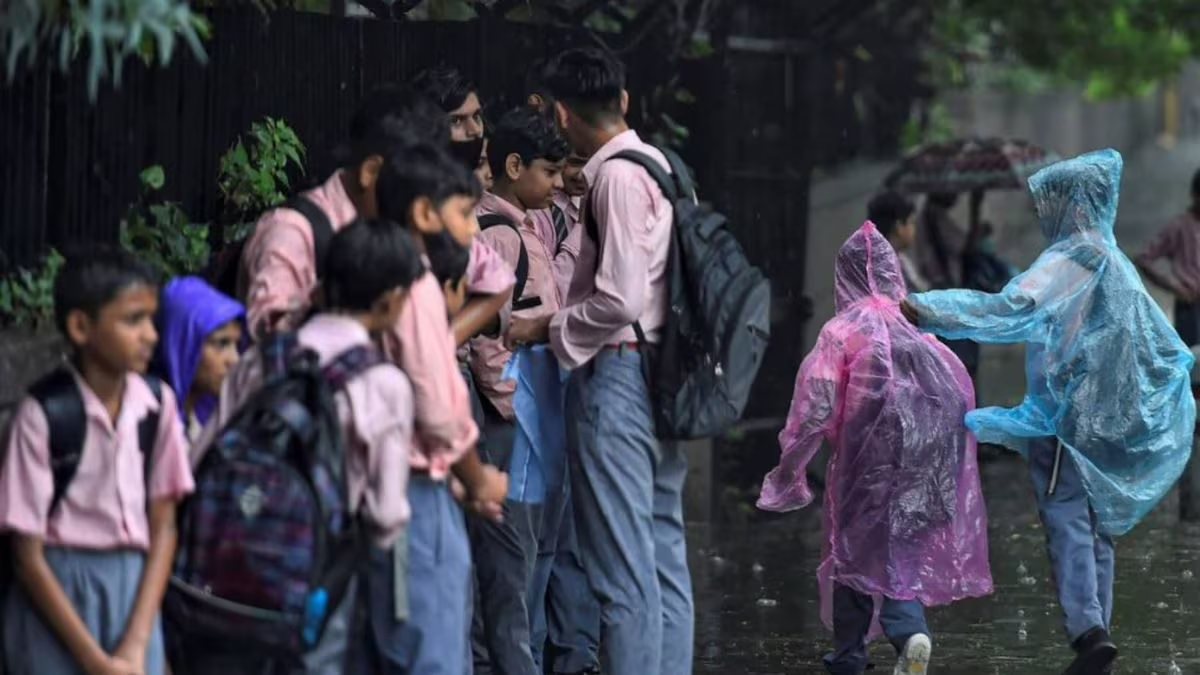
The landscape of American education has recently been shaken by serious allegations of anti-Semitism within Baltimore’s public school system. The U.S. Department of Education has launched an official investigation to address and resolve concerns raised by students, parents, and community leaders about the presence of discriminatory and prejudiced behaviors targeting Jewish students and staff. This unfolding episode highlights the importance of safeguarding inclusive environments in educational institutions across the nation.
Background of the Investigation
Scope and Focus of the Inquiry
What Does the Investigation Entail?
The U.S. Department of Education’s Office for Civil Rights (OCR) is examining several aspects of Baltimore’s school districts, including:
- Reviewing incident reports related to anti-Semitic behavior
- Assessing the policies and procedures regarding hate speech and discrimination
- Interviewing students, teachers, administrators, and parents
- Inspecting disciplinary records and the implementation of anti-discrimination policies
- Evaluating the overall school climate through surveys and firsthand observations
Goals of the Investigation
The primary objectives are to determine whether the schools are complying with federal civil rights laws, to identify systemic issues contributing to the harassment, and to recommend effective measures for the prevention and correction of discriminatory conduct. The investigation also aims to ensure that affected students receive support and that disciplinary actions are enforced against offenders.
Community Response and Concerns
The allegations have sparked a wide-ranging response from different segments of the Baltimore community. Many parents and advocacy groups have expressed deep concern over the safety and well-being of Jewish students, urging the school district to take swift action. On the other hand, some school officials have acknowledged the issue and committed to enhance anti-bias training and foster more inclusive environments.
Furthermore, community leaders emphasize the importance of education about diversity and tolerance. They argue that addressing anti-Semitism in schools is not only about responding to incidents but also about proactive measures like curriculum integration, cultural awareness programs, and student-led initiatives to promote understanding and respect among pupils of all backgrounds.
Broader Context: Anti-Semitism in U.S. Schools
This investigation arrives amid a broader national conversation about rising anti-Semitic sentiments and hate crimes across the United States. Educational institutions are at the forefront of this challenge, tasked with the critical responsibility of cultivating spaces where every student feels safe and valued. Incidents of anti-Semitism are often a reflection of larger societal issues, but schools have a unique opportunity to combat ignorance and prejudice through education and policies.
Efforts to Combat Anti-Semitism
In recent years, various districts have implemented measures such as:
- Mandatory diversity and inclusion training for staff and students
- Curriculum updates to incorporate teachings about Holocaust history and Jewish contributions
- Partnerships with community organizations specializing in anti-hate initiatives
- Clear protocols for reporting and addressing hate speech and discriminatory actions
These steps are critical, but ongoing oversight and accountability are essential to ensure effectiveness and to foster long-term change.
Implications and Future Actions
The investigation by the U.S. Department of Education signals a significant move toward accountability and heightened awareness of anti-Semitism in educational settings. Once the inquiry concludes, it is expected that recommendations will follow, which could include:
- Revisions to school discipline policies
- Increased training programs on cultural competence and anti-racism
- Enhanced mechanisms for reporting hate crimes and discriminatory behavior
- Potential federal oversight or intervention if systemic issues are identified
Moreover, this process might serve as a catalyst for broader policy reforms across other districts facing similar challenges, emphasizing the importance of proactive, sustained efforts to combat hate and discrimination.
Conclusion
The US Department of Education’s investigation into Baltimore schools for anti-Semitism allegations underscores the ongoing struggle to eradicate hate from educational environments. Ensuring safe, respectful, and inclusive spaces for all students is a collective obligation that involves schools, communities, policy-makers, and families. As the investigation unfolds, it will be essential to monitor progress, encourage transparency, and implement concrete actions that promote understanding, tolerance, and equity.
Final Thoughts
Addressing anti-Semitism is a vital part of fostering a broader culture of acceptance in America’s schools. While investigations are necessary to uncover and rectify issues, long-term solutions depend on sustained commitments to diversity education, institutional accountability, and community engagement. Only through continuous effort can we build truly inclusive educational spaces that reflect the values of respect and equality.
For more updated news please keep visiting Prime News World.








